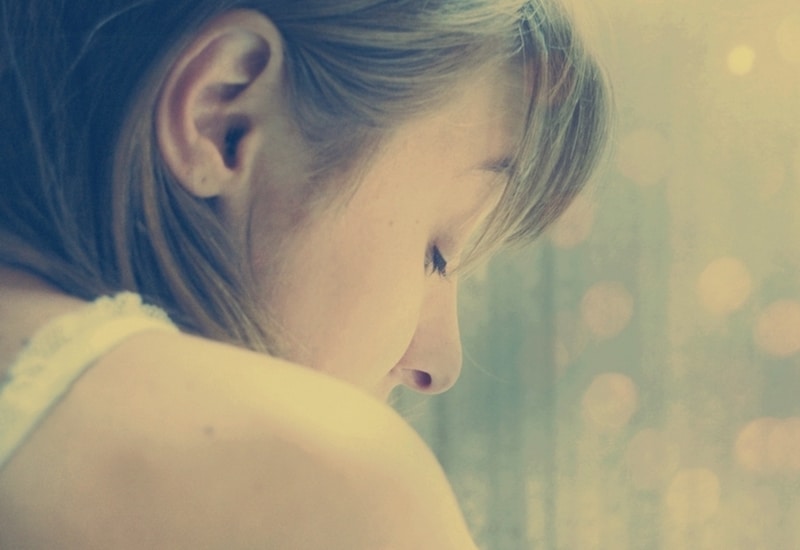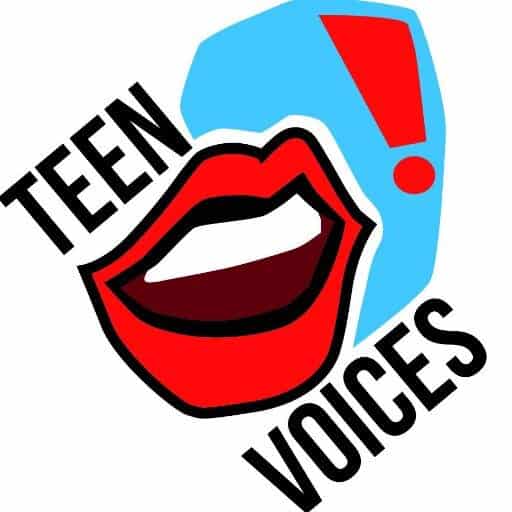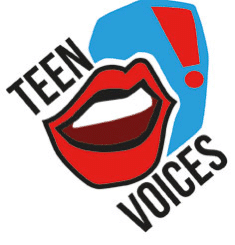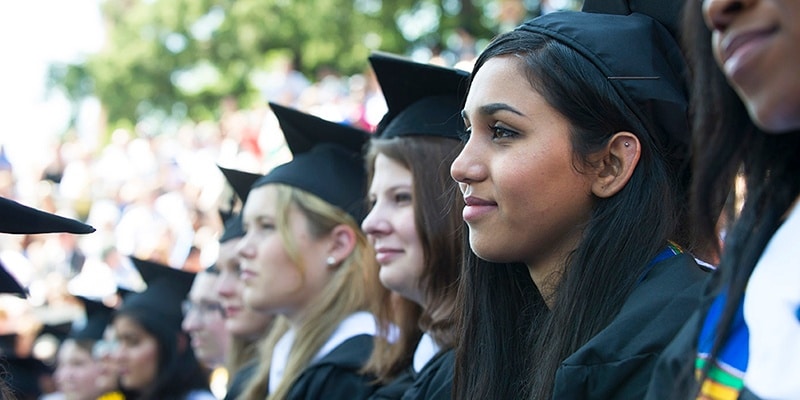
MISSION VIEJO, Calif. (WOMENSENEWS)—I didn’t find out I was autistic until I was 11. My parents knew seven years earlier but didn’t tell me because they wanted me to have a “normal” life.
I uncovered my diagnosis when I was looking through my individual education plan papers. Knowing I was autistic helped me understand why I was in special education, speech therapy and the resource specialist program, but the sadness and anger it brought out in me was overwhelming. Prior to this moment I didn’t know what autism was nor did my parents ever acknowledge the fact that I was autistic. However, it started the grudge that I had with my parents and, most importantly, myself.
After discovering my diagnosis, I hated myself. I felt I was a burden to my family and friends. I didn’t know it then, but I had accepted all the stereotypes people have about autism. I had absorbed the negativity and the shame. I was discriminating against myself.
This internalized ableism isn’t unique to autistics. There are many disabled girls that also experience internalized ableism. A study from the University of Kansas found that many disabled participants didn’t like themselves and noted how “the lack of discussion of ableism and internalized ableism means that the casting of disability into the background...often erases or disavows disability.”
The hatred and disassociation I felt with my diagnosis is familiar to other teens, too. Grace T., 17, knows it well. “I have the same ‘worthless, lazy and useless’ type of thoughts,” she told me from her home in Fort Mill, South Carolina. “It usually occurs during a depressive episode or when I have to miss out on something due to my health.”
However, her dark thoughts have been slowly going away and Grace credits the Disability Visibility Project for helping her develop her identity as a disabled person.
Taking Time
Developing a sense of acceptance as a disabled person can take time. Sixteen-year-old Esmeralda Lomeli, who has neurofibromatosis type 2 and is hard of hearing, said she occasionally struggles with her self-esteem.
“I’m not and don’t ever think I’ll be proud to have disabilities,” the Lahaina, Hawaii, teen said via Facebook messenger. “I still get sad about my hearing situation but I’m trying to love myself.”
Lack of exposure to people with disabilities is a big cause of internalized ableism, said Diego Mariscal, chief executive officer of the Washington, D.C.-based disability nonprofit 2Gether-International.
“We don’t hear disability in the media, news. Families don’t talk about disability. Ableism is negative. It doesn’t allow people to be included,” he said in a video chat interview.
Not being included was something that 20-year-old Lilly Grossman has experienced multiple times.
“People don’t even see me first; they see my wheelchair and get freaked out about how to act around me. Most people, unless I approach them first, never even give me the time of day,” Grossman said in an email interview.
Grossman, a college student from Whittier, California, has two rare genetic mutations that cause her to have seizures and muscle weakness. Although she is disabled, she is treated equally by her family and friends, but Grossman said her disabilities make her stand out and that she wishes she was less obvious about her disabilities from time to time. She said other teen girls also have a hard time dealing with internalized ableism.
“I think internalized ableism is caused by the pressures of society to be seen as ‘normal.’ [Girls] want to fit in somewhere, but having a disability just makes them feel like more of an outsider,” she said.
Advice to Younger Self
After discovering my diagnosis, I felt like an outsider because I thought the world didn’t need autistic people. I wanted to be like everyone else and I didn’t want to stand out. My attitude changed once I got to meet other autistic people. I realized I wasn’t alone and we were able to talk about the internalized ableism that we had.
If I could give advice to my younger self, I would say to actively search for people who have similar experiences and learn from them. It’s important to be around people who are also disabled. Even though everyone’s personal experiences are different, a special bond is created.
Participating in Youth Leadership Forum for Students with Disabilities, Youth Organizing! Disabled and Proud and the Autism Campus Inclusion have also helped keep my negativity at bay while recognizing that the challenges I faced with internalized ableism made me stronger. Occasionally, the internalized ableism comes back but it diminishes more quickly now.
Like me, Desiree Washington, 18, experiences internalized ableism every once in awhile. Nevertheless, the Menifee, California, resident is able to control these negative thoughts. She reminds herself that being deaf is a part of who she is and educates those who don’t understand her disability.
Her disability “helped shape the person I am today. It’s a part of me, it’s not a burden,” she said.
This story is part of Teen Voices at Women's eNews. In 2013 Women's eNews retained the 25-year-old magazine Teen Voices to continue and further its mission to improve the world for female teens through media. Teen Voices at Women's eNews provides online stories and commentary about issues directly affecting female teens around the world, serving as an outlet for young women to share their experiences and views.



